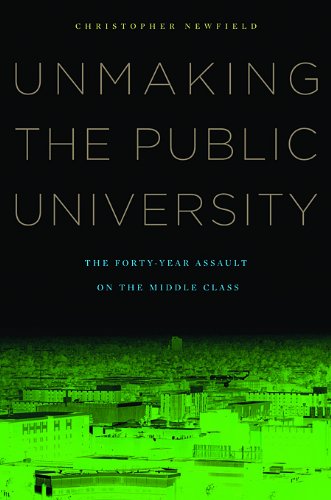All academic and professional services staff and students are invited to a workshop on co-operative leadership in higher education on Thursday 25th May, 10-12pm, UL111 (University Library, 1st floor).
Researchers in the RiCES group are exploring the extent to which co-operative leadership and other co-operative practices are present in higher education institutions. The purpose of the research is to develop a qualitative self-evaluation tool that university staff and students can use to enhance and develop co-operative leadership and other co-operative practices in their workplaces and in other aspects of student life.
Over the past year, we have been developing our work through group discussions and interviews with people involved with the co-operative movement. This work has been substantiated with case study research in a co-operative school, an employee-owned high street retailer, a large grocery worker co-operative and a co-operative university in Spain
We have identified a number of core principles which appear to underpin co-operative leadership and other co-operative practices:
- Knowledge – the production of knowledge and meaning by the organisation as a whole
- Democracy – the levels of influence on decision making
- Bureaucracy – not only administration but a set of ethical and moral principles on which administration is based
- Livelihood – working practices that support the capacity to lead a good life
- Solidarity – sharing a commitment to a common purpose inside and outside of the institution
The research from which these principles have been identified will be presented at the workshop.
You will have the chance to discuss the extent to which these core principles are present within your own working and learning and teaching environments. We will all then spend time designing a self evaluation tool by which these core principles might be recognised within our own and other higher education institutions.
This self evaluation tool can be seen as an alternative to the metrics and measures approach based on positive methodologies and methods that are currently imposed on universities by the government. The self evaluation tool that we are designing implies a more qualitative, humanist, critical-practical reflexive approach to evaluating and valuing the work that we do.

 The RiCES group are delighted to welcome
The RiCES group are delighted to welcome